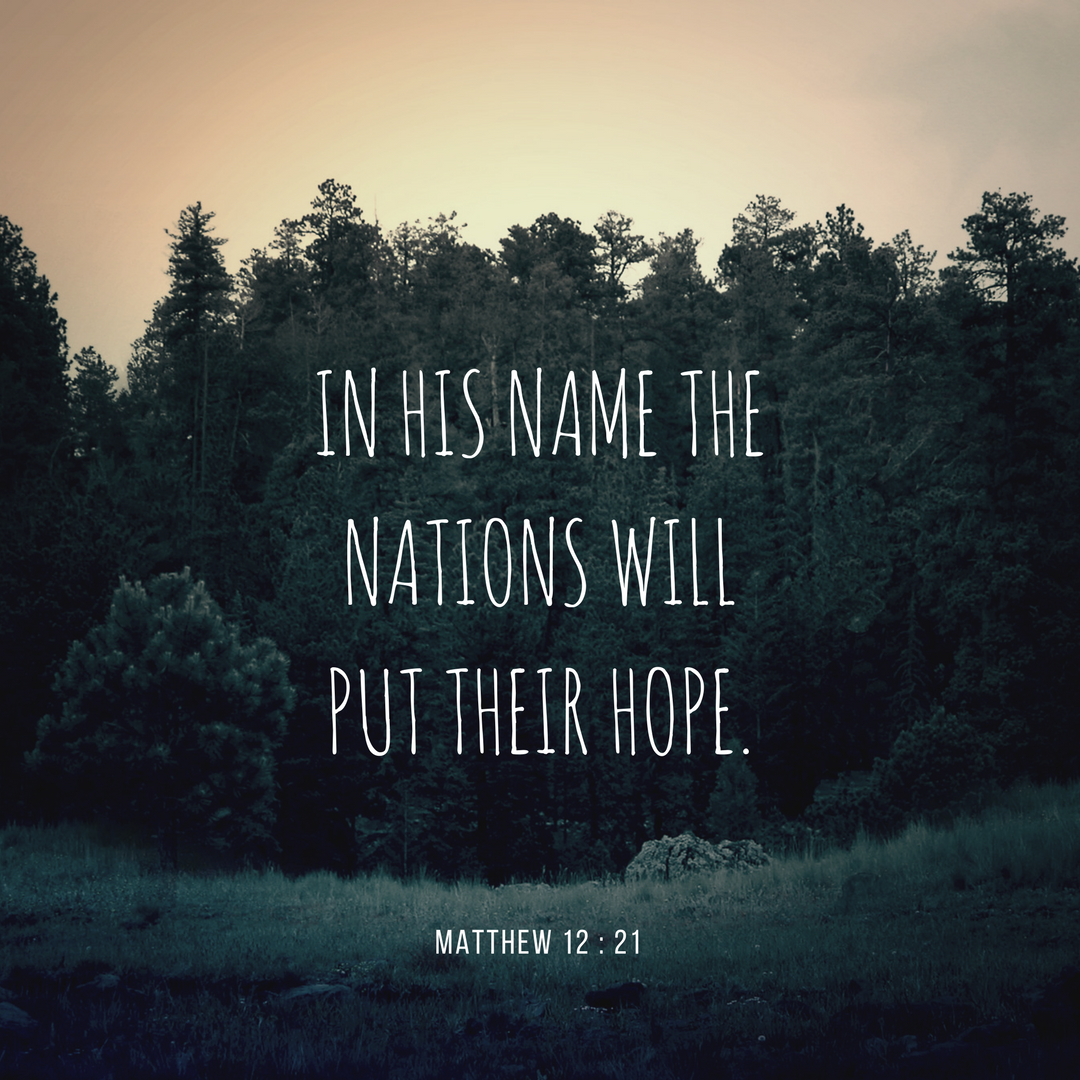He could also do *miracles. You might think that he would be very popular. He was not. Many people opposed him, in particular the leaders of the religion. Also, some people followed Jesus did not trust him completely. Jesus said some very difficult things. People sometimes did not want to understand his words.
In Matthew 12 we read about a series of events with *Pharisees.
This shows us how much some *Pharisees opposed Jesus.
Law and tradition>..
The *Pharisees were careful students of the Jewish law. They always wanted to obey the law. Perhaps they remembered what God had done, years before. He had punished people who did not obey the law. He allowed their enemies to defeat them. So the *Pharisees wanted to obey the agreement that God had made with his people. They would even die for the law. They trusted God to bring them to the *resurrection. Their religion was really about behaviour. Their law had hundreds of rules about the way to live.
The rules were very strict.
For example, the *Pharisees were very strict about the way to live on the Sabbath. [The Sabbath was Saturday, that is, the 7th day of the week. When God made the world, he rested on the Sabbath.] God gave commands to Moses, which we call the Commandments. The 4th commandment says that people should not work on the Sabbath day, (Exodus 20:8-11).
The *Pharisees wanted to be very sure to obey this commandment. They made a list of 39 kinds of work that people must not do on the Sabbath. People could not even prepare food on the Sabbath!
They called such rules 'the traditions of the *elders'. They wrote these rules down very carefully. The rules sometimes became more important than God's law itself. As a result, they often did not understand what the Bible really said.
In Matthew 15:1-20, Jesus showed that, because of their traditions, the *Pharisees were often not obeying the Bible.
Jesus called these *Pharisees ‘blind guides’ (Matthew 23:16). This meant that these *Pharisees were like guides. They told people how to live. But these *Pharisees were also like blind men, who did not know the correct route for a journey. So, the Pharisees were themselves doing the wrong things. And they were also teaching other people to do wrong things.
Discussions with the *PhariseesIn Matthew 12 we read about some discussions with the *Pharisees.
One Sabbath day, the *disciples were walking through the fields. They took some of the grain and cleaned it by hand. Then they ate it. The *disciples were often poor and hungry. They had left their jobs to be with Jesus. Matthew tells us that they were hungry on this day. The *Pharisees had seen them. They protested that Jesus had allowed his *disciples to work on the Sabbath day. They said that to pick the grain was to harvest it. If a man cleaned the grain by hand, he was preparing it for food. They said that both these actions were work. The *Pharisees were very jealous of Jesus. They argued with him many times about the law of the Jews.
The law allowed what the *disciples did that day. It allowed people to pick some grain as they passed through a field. It did not allow people to harvest the grain.
Deuteronomy 23:25 If you enter your neighbour’s field of corn, you may pick some with your hands. You must not cut his corn with a knife.
The disciples had done nothing that was wrong. They had obeyed God’s law. When Jesus replied to the *Pharisees, he said some very important things.
What Jesus said about God's law· When a person needs something very much, God's love might be more important than his law.
Jesus reminded the *Pharisees about David. David and the men who were with him were once very hungry. They went to the priest in the Tabernacle. [The Tabernacle was a special tent where the Jews came to *worship God.]. David and his men were very hungry. God had chosen David to be the next king. The *priest had no food there except the 'bread of the presence'. [This bread was a gift for God.] Only a priest should eat this bread. But the priest gave this bread to David and his men. It was not wrong for them to eat it. They did not obey the law about this bread. But God loved David. And God understood that David needed food.
· There are exceptions...
Jesus also said that priests work hard on the Sabbath day. In fact, it is one of their busiest days. Nobody says that they are wrong. There is a different law for their work on the Sabbath day. We could call it a better law.
· Jesus reminded them what Hosea wrote...
Hosea was a *prophet who spoke about God’s great love for his people. Even when they did not obey God, God loved them. Jesus spoke some words from Hosea 6:6. ‘I do not desire special gifts from you. I want you to forgive one another and to love one another.’ The rules of the *Pharisees were difficult and strict. They did not realise that God wants to forgive us. God wants us to love, and not to live by strict rules.
In another discussion, Jesus said that there were two principles in the law. This is what he said:
Matthew 22:37-40 ‘Love the Lord your God:
· with all your heart
· and with all your *soul
· and with all your mind.’
This is the first and most important command. And the second command is like it:
‘Love your neighbour as you love yourself.’
This is what the Law and the *Prophets really mean.

 RSS Feed
RSS Feed
























































